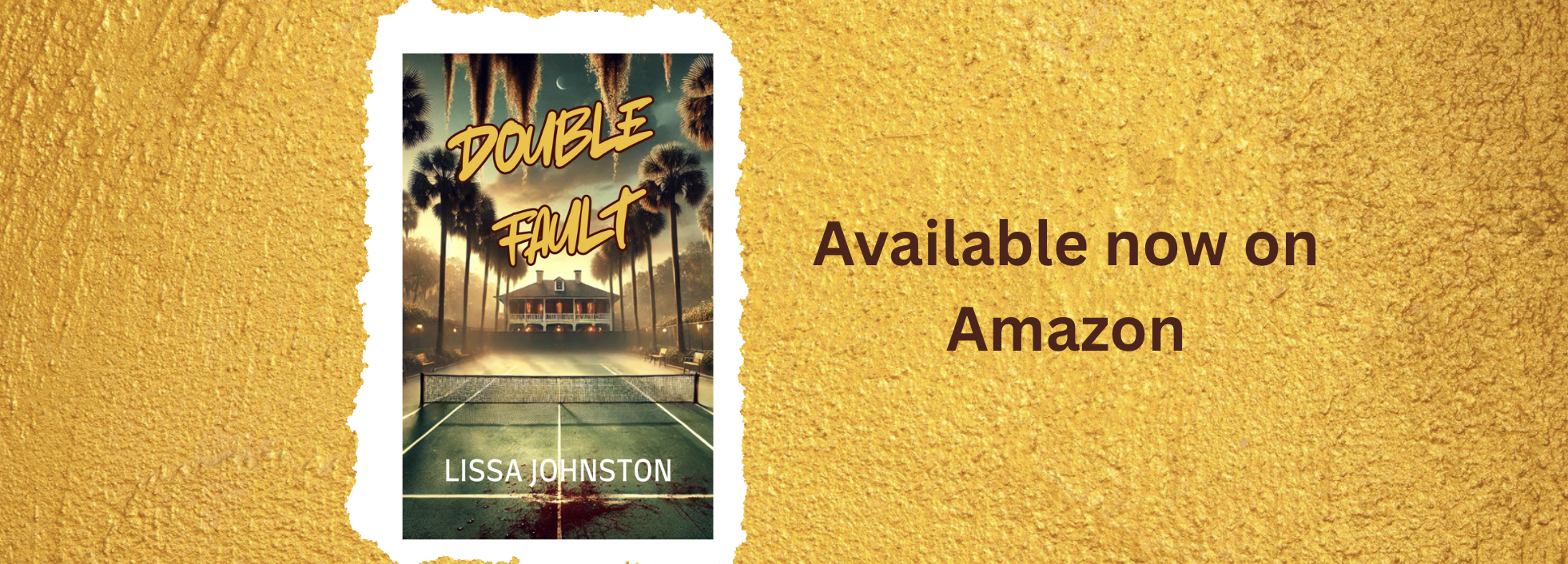This post contains affiliate links.
I love to read. I love talking books with people who love to read. They are my tribe.
There is a subset of our tribe: people who enjoy reading the same book more than once. Apparently they return to their favorites every so often just because they enjoy the story or the style or some such.
As you may have surmised, I have never been one of those people. I'm all about the Ooh, Shiny. What's new? What's next? What's a book I've always meant to read but haven't gotten around to yet? When I read a book that I absolutely adore, I usually buy it in hardback and put it in a place of honor on the bookshelf. But I rarely re-read them.
Until now. Until I read Cormac McCarthy's Blood Meridian. Now, I kinda get it.
I need to take a minute here and give props to my kids for steering me in this direction. It got on their radar. Then, a guy in our local library book club was raving about it. I had read The Road, and had seen the film version of No Country For Old Men, so I was vaguely familiar with McCarthy's work. But I hadn't read this one.
Granted, Blood Meridian is not exactly the type of book you cuddle up with as a bedtime story. The formatting is a little wonky. There is no HEA; at least, not that I could tell. It's brutal. It's violent. It's so dark, I feel a little weird as I'm gushing about it to others, worried I might end up on some kind of a watch list.
What's got me hooked is not so much what happens in the story, even though it's quite a tale. It's McCarthy's style. The dialog. The description. But most of all, how he's absolutely, confidently, fearless about word choice.

I'm pretty sure McCarthy doesn't give a hoot about reading levels, or taking the reader 'out' of the story because they have no idea what a 'thrapple'* is. I looked up more word definitions in the week it took me to read this book than I have in the last year. And that's not even counting any of the Spanish (which btw can I just mention I was able to read most of the Spanish on my own, thanks to it being fairly rudimentary, and thanks to mi maestra Roxanne and the free Spanish classes at our local library).
Some of the words, I gave myself a pass for not knowing. I'm a city girl. I don't know much about livestock. I know there is such a think as hobbling an animal to keep it from running off. But I didn't know the knot and rope style used to hobble an animal is called a spancel. I know what spurs are, and in fact am in possession of a pair that used to belong to my grandfather. But I didn't realize the spinny-pokey-thingie is called a rowel. In both of these examples, a lesser author would've probably just used 'hobble' and 'spur'. Not McCarthy.
I learned that planet Anareta is an ancient astrological reference to a harbinger of doom; and that Tasmania used to be called Van Dieman's Land. I freely admit I needed a refresher on the meaning parricide (I knew something was getting killed; just not sure what), and the lesser-known meaning of filibuster as a profession rather than a political strategy.
Just to be clear, I didn't learn these terms because the author explained them in the book. Oh, no. He disperses them as daintily as pumpkin spice on a latte. I appreciate him respecting his reader like that. But I still had to look them up.
And the cool thing is, I didn't mind taking the ten extra seconds to Google. The more I read, the more comfortable I became with the occasional rabbit holes. McCarthy could've used 'handle' instead of 'helve'. But once you see, and say, 'helve', it's undoubtedly the better word. If he had used 'moccasins' or 'slippers' instead of 'pampooties', where would be the fun in that?
There were a few head-scratchers. He rarely missed an opportunity to indulge in obscure geological jargon during one of his lengthy paeans to the otherworldly landscape of the desert southwest. I am still not sure what he was trying to accomplish with his use of 'manciple', even after I looked up the definition.
Reading Blood Meridian was a challenge. But it was a challenge I thoroughly enjoyed. I'm already looking forward to re-reading this literary nonpareil to see what I've overlooked. And we didn't even talk about the sentence structure yet!
* thrapple is the neck and throat area
Thanks for reading! If you enjoyed reading this, I hope you'll take a minute to subscribe to my newsletter.

